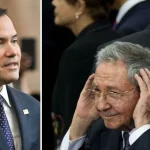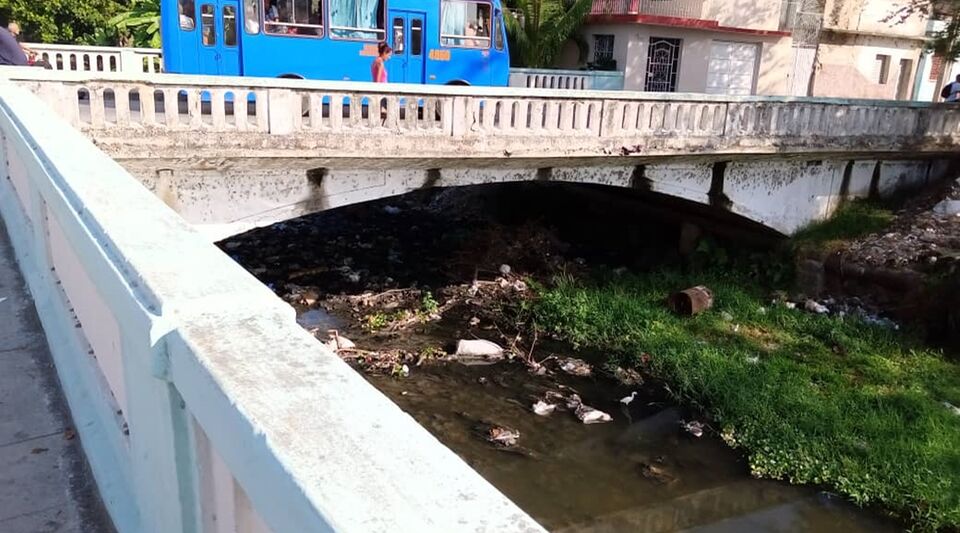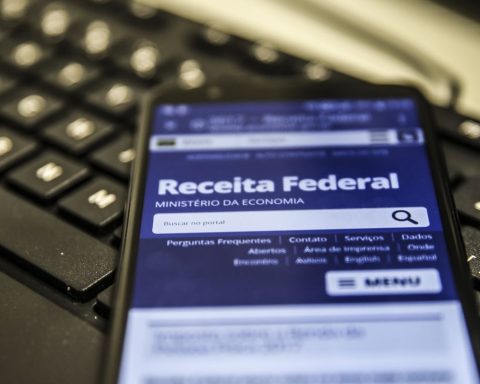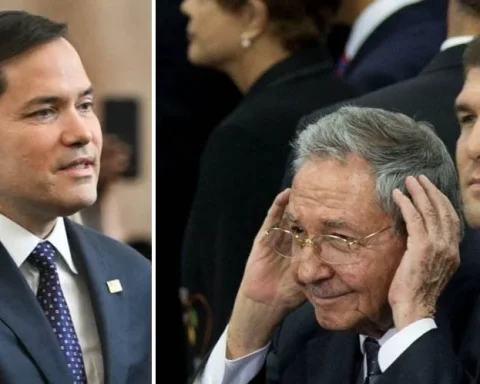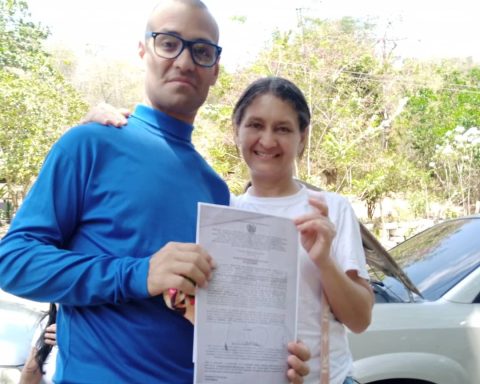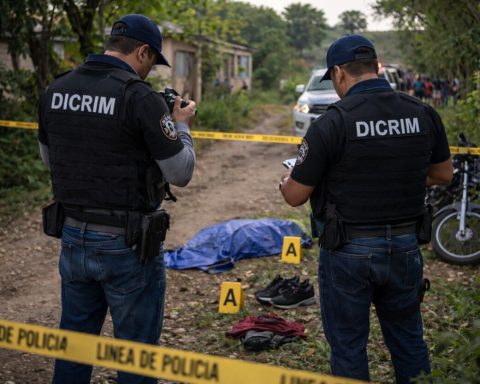The health reform it continues to be the center of debate from different sectors after its filing before Congress. This time by ministers from Gustavo Petro’s cabinet.
(Read: Functions of primary care raised in the health reform).
The repairs They were presented to the Minister of Health, Carolina Corcho, and the President. This is a 17-page document, revealed by ‘W Radio’, signed by the Finance Ministers, José Antonio Ocampo; of Education, Alejandro Gaviria; and Agriculture, Cecilia López, and by the director of the National Planning Department, Jorge Iván González.
One of the constitutional risks that the ministers see in the reform is because it is processed as an ordinary law before the seventh commission of the House of Representatives. The officials believe that This reform does include the right to health and that implies a more rigorous procedure.
Along with this, they establish that the project cannot establish tax exonerations and exemptions by government decree since that is a matter for Congress.
(Also: The role of the New EPS with the health reform: does it have resources?).
Other objections are directed at the approach of the ministers about preserving the mixed health insurance system, in charge of EPS but establishing changes. For example, that operate in the areas where they have the most presence.
Likewise, the ministers affirm that if they approve the reform as filed it would be ignoring what is established in the General Budget Law and the medium-term fiscal framework.
For senior officials, the current system has primary health care expenses close to 8 billion pesos, which, if approved, would increase to 16.9 trillion pesos by 2023, 25 trillion pesos in 2026 and 31.3 trillion pesos by 2030.
They also explain that the reform It would generate staffing and infrastructure expenses of around 3.9 trillion pesos by 2023. This implies a fiscal effect of 2.4 trillion for this year.
In the letter they also point out that the Health portfolio underestimated the cost of the operation of the Single Health Fund, since is its projections this cost of $1 trillion a year, but in the estimates of the Ministry of Finance it is necessary to increase $3 trillion pesos per year.
(Keep reading: Improving surveillance of the health sector and other Andi proposals).
“In conclusion, if all the expenses proposed by the reform are carried out, the fiscal cost of the initiative would be around $16.91 trillion additional pesos for the first year and an additional $21.8 trillion for the second. Between 2025 and 2028, spending would increase, on average, by $2 trillion a year”, reads the document.
Finally, they indicate that the project “does not reflect the future impact that the strengthening of primary health care can generate in favor of the Health System. Likewise, it does not consider the social benefit, for example, of the additional years of life resulting from the proposed measures”.
BRIEFCASE







